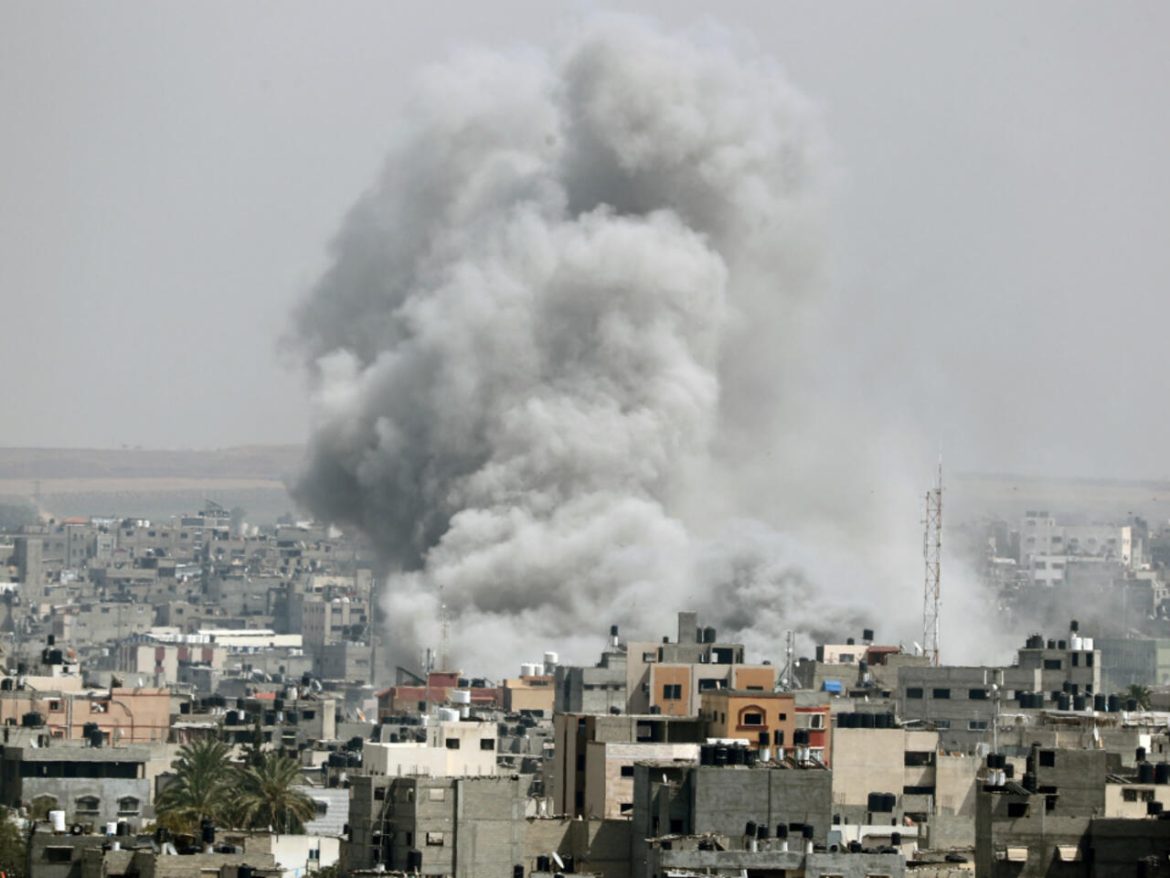Gaza — [December 6, 2023]
In a grim milestone, the Israel-Hamas conflict has entered its 61st day, with intensified clashes and an escalating humanitarian crisis in southern Gaza. Israeli forces have reportedly advanced into the heart of the main city, targeting areas believed to house key Hamas leaders.
The United Nations has sounded alarm bells, describing the situation in southern Gaza as “increasingly apocalyptic.” Palestinians in the region are grappling with severe shortages of food, water, and medicine, amplifying the already dire conditions resulting from the prolonged conflict. The UN’s concern underscores the urgent need for humanitarian assistance to alleviate the suffering of civilians caught in the crossfire.
Israeli Prime Minister Benjamin Netanyahu has defended the military’s incursion into southern Gaza, asserting the necessity of retaining security control over the strip even after the cessation of hostilities. The move signals a strategic approach by Israel to secure its borders and prevent the resurgence of threats following the conclusion of the war.
As the conflict persists, both sides continue to exchange fire, and the civilian population, particularly in southern Gaza, bears the brunt of the violence. International calls for a ceasefire and diplomatic solutions have so far yielded limited results, leaving the region in a precarious state.
The Israel-Hamas conflict, rooted in longstanding political and territorial disputes, has seen numerous attempts at resolution over the years. However, the current escalation has brought renewed urgency to finding a sustainable and lasting peace in the region.
The international community remains divided in its response, with some nations calling for an immediate end to hostilities and others expressing support for Israel’s security measures. The complex geopolitical dynamics and historical tensions contribute to the challenges of reaching a comprehensive and mutually agreeable resolution.



